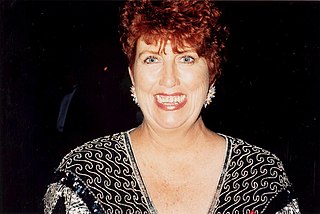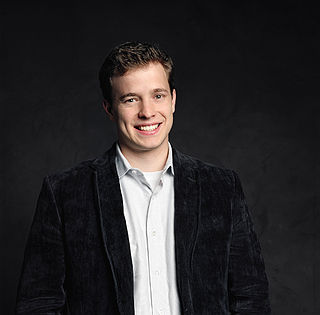A Quote by Edward Abbey
The great question of life is not the question of death but the question of life. Fear of death shames us all.
Related Quotes
If you start parsing the cause-and-effect chain backward through time, eventually you land in cosmology - does the story begin with the Big Bang or the out-of-nothing creation of the world by the word of a Southern Baptist god? And that question is even more fraught than any of the others. The stakes couldn't be any higher, because not it's not just a question of life and death, but also a question of life after death or eternal torture after death.
I think we live in slavery to fear. Most people don't have an answer to the death question and really don't even have a philosophy. That is a puzzle to me. I think even if I was not a Christian, I would want to at least have a personal solution to the death question. Otherwise, death is just a frightening thing.
I have studied many religions, many different persuasions of thought in Christian belief, and I have come, in this experience to this: the most important question in anyone's life is the question asked by poor Pilate in Matthew 27:22: 'What shall I do, then, with Jesus who is called Christ?' No Other question in the whole sweep of human experience is as important as this. It is the choice between life and death, between meaningless existence and life abundant. What will you do with Christ? Accept Him and life, or reject Him and die? What else is there?
What happens to the mind of a person, and the moral fabric of a nation, that accepts the aborting of the life of a baby without a pang of conscience? What kind of a person and what kind of a society will we have twenty years hence if life can be taken so casually? It is that question, the question of our attitude, our value system, and our mind-set with regard to the nature and worth of life itself that is the central question confronting mankind. Failure to answer that question affirmatively may leave us with a hell right here on earth.
The conquest of the fear of death is the recovery of life's joy. One can experience an unconditional affirmation of life only when one has accepted death, not as contrary to life, but as an aspect of life. Life in its becoming is always shedding death, and on the point of death. The conquest of fear yields the courage of life. That is the cardinal initiation of every heroic adventure - fearlessness and achievement.



































